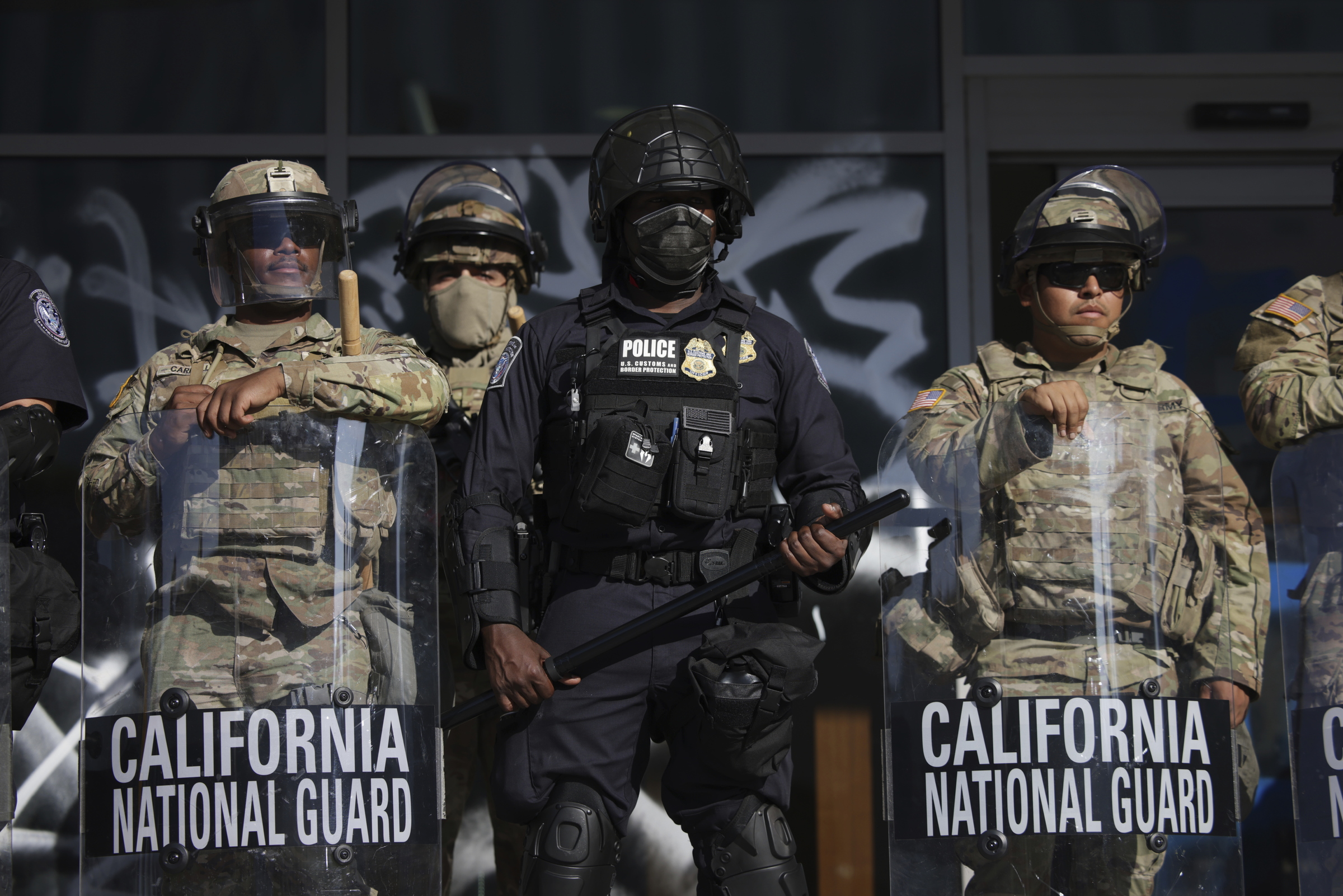"We're going into Memphis. We're going to straighten out Memphis," US President Donald Trump said on Fox & Friends on 12/9, announcing the deployment of the National Guard to Tennessee's second-largest city to help combat crime. "Like we did in Washington."
He stated that both Tennessee Governor Bill Lee, a Republican, and Memphis Mayor Paul Young, a Democrat, welcomed the move, adding that the city is "having a lot of trouble" with crime. The president did not specify the number of troops to be deployed to Memphis but noted he was prepared to "send in the military" if necessary.
President Trump has for weeks considered deploying the National Guard to Chicago, but faced opposition from Illinois Governor J.B. Pritzker, a Democrat. He also mentioned New Orleans before settling on Memphis. "I'd still rather go into Chicago," the president said.
According to 2024 FBI data on safety in 30 cities with populations over 500,000, Memphis leads the nation in homicide and violent crime rates, with 40.6 homicides per 100,000 residents, significantly higher than Washington's 25.5 per 100,000.
 |
Police officers and National Guard soldiers stand guard at the entrance to a federal building in Los Angeles, California on 10/6. Photo: AP |
Police officers and National Guard soldiers stand guard at the entrance to a federal building in Los Angeles, California on 10/6. Photo: AP
Governor Lee announced that Tennessee would welcome federal forces, emphasizing months of discussions with the White House. He said the operation would involve the Tennessee National Guard, the FBI, and federal, state, and local law enforcement agencies, supplementing an FBI-led effort to reduce crime in Memphis.
"My goal is to strategically coordinate so that these resources can make a difference in our communities. I thank the president for his commitment to provide Tennessee with the resources needed to serve the citizens of Memphis," he added, expressing hope that Tennessee's cooperative stance would encourage other states to send support.
However, Mayor Young confirmed the same day that he did not request the National Guard deployment, but only discussed additional resources to address crime with the federal government.
"I still do not think this is an effective way to reduce crime. However, the decision has been made. As mayor, I will work to ensure any deployment is done in a way that is strategic, helpful and makes our community better," Young said.
The Memphis mayor acknowledged public skepticism about the National Guard deployment. He requested clarification from state and federal authorities regarding the duration, size, attire, operational areas, and specific tasks of the deployed forces.
Tennessee Representative Steve Cohen refuted President Trump's assertion that Memphis is a "city in trouble." Cohen attributed the city's crime issues to its history of slavery and racial discrimination, along with a lack of investment from various levels of government.
Thanh Danh (USA Today, AP)












